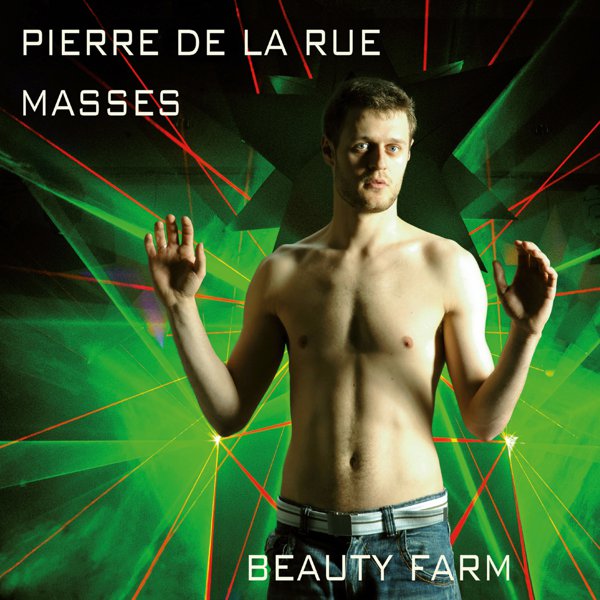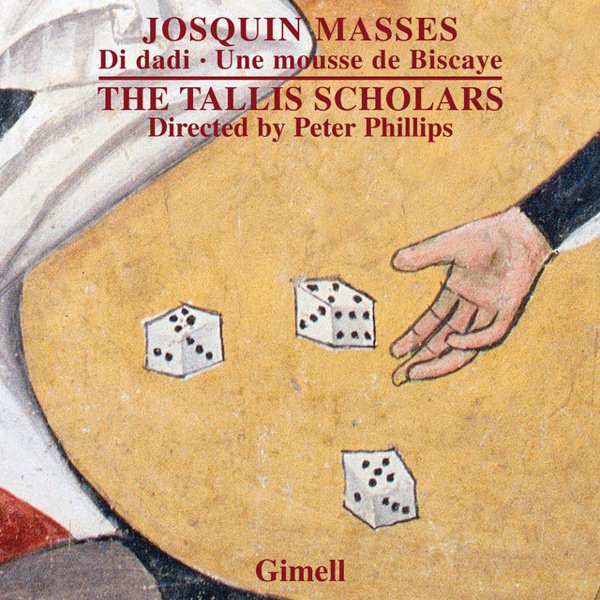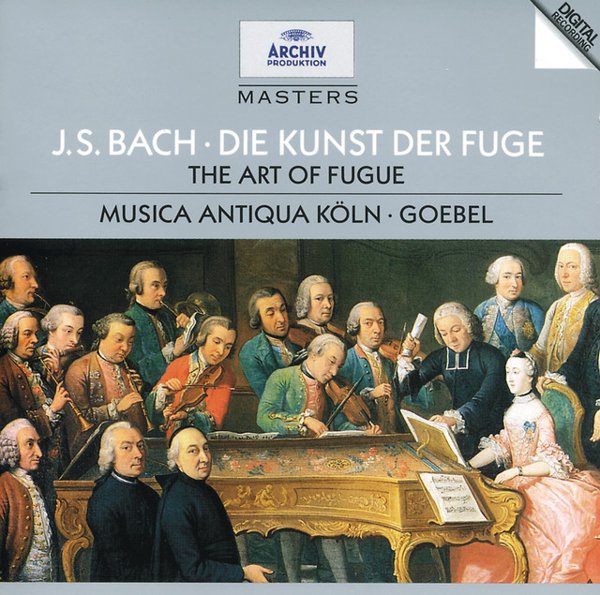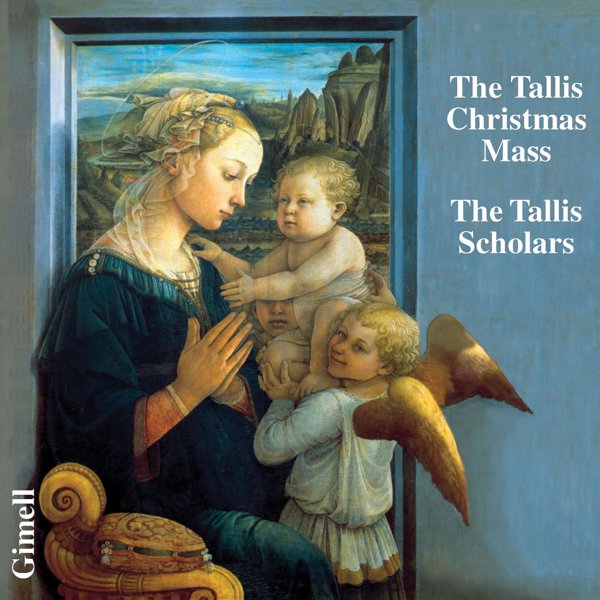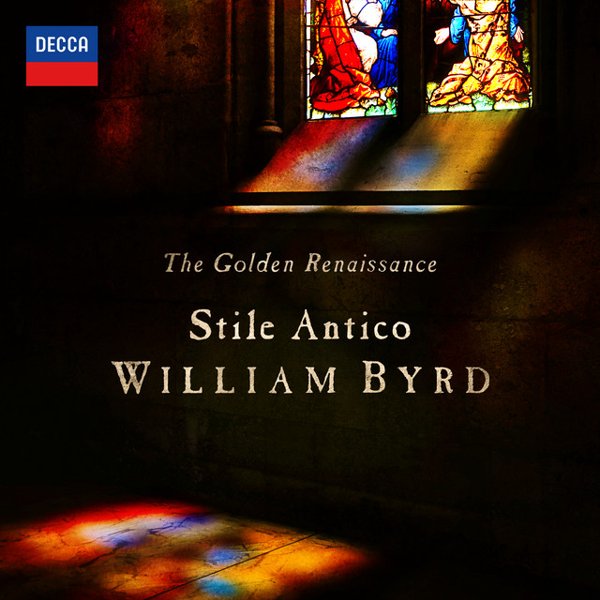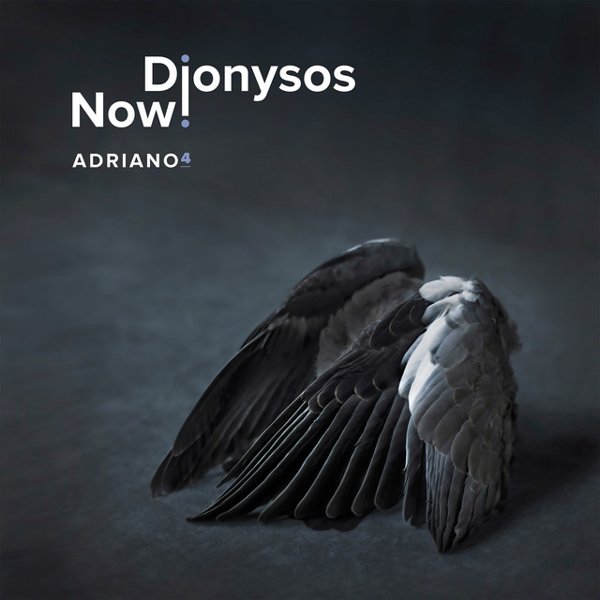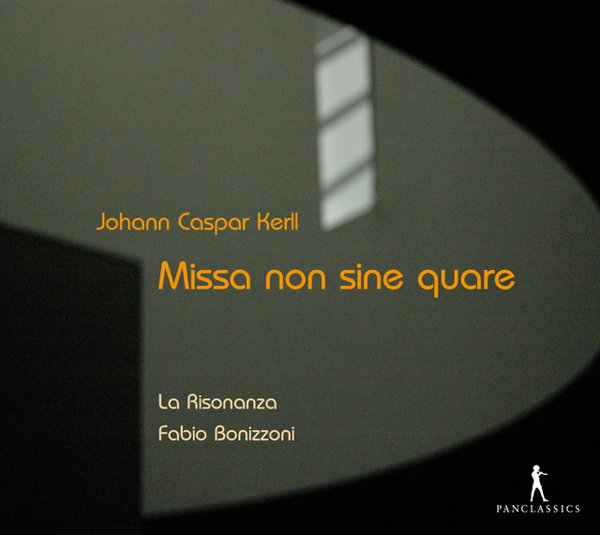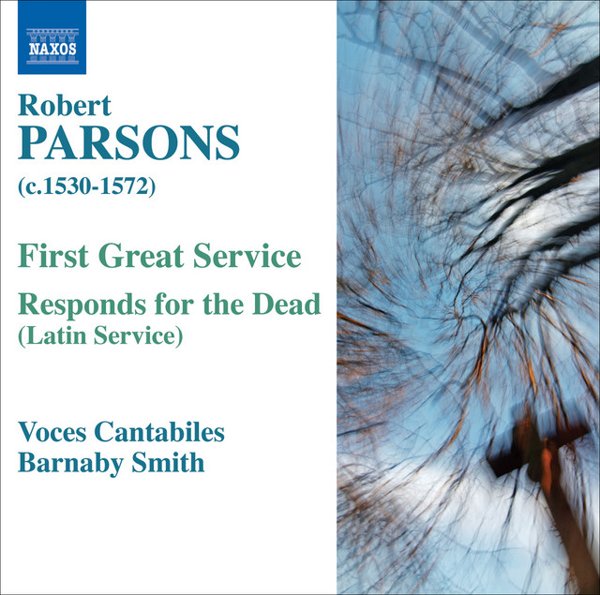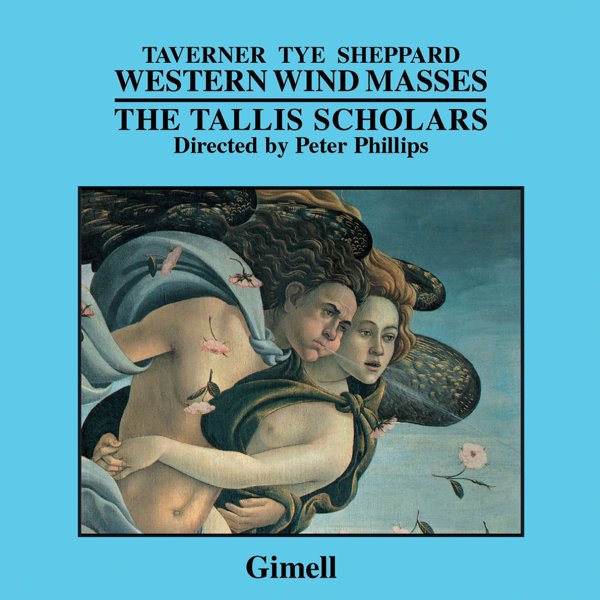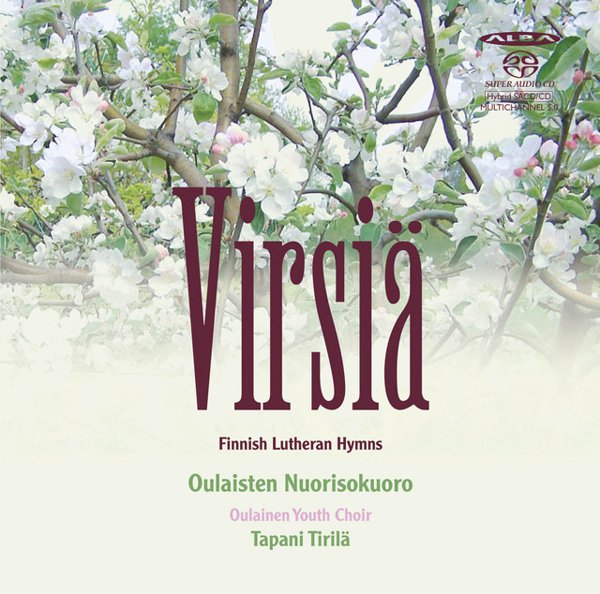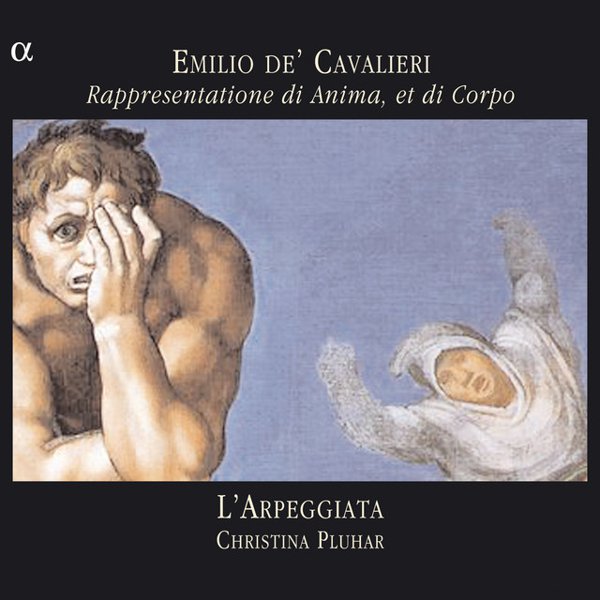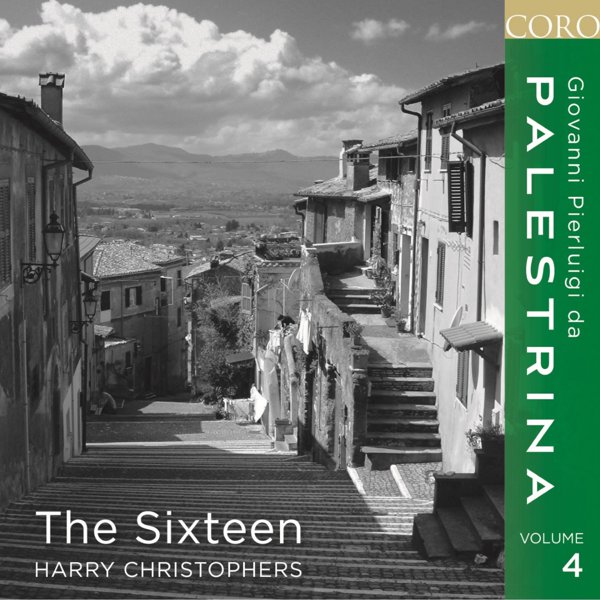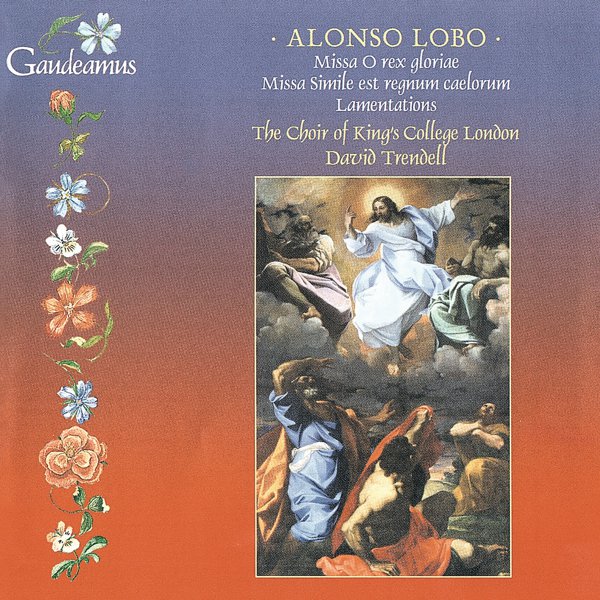Between the early 15th and the early 17th centuries, something happened in the Franco-Flemish region of Europe (basically, the area between what are today northern France and northern Belgium). Over those 200 years, five generations of composers arose who created a new and distinct style of choral music, which has come to be called the Franco-Flemish School. Pierre de la Rue was a member of the third generation of these composers, and today his life and early career remain shrouded in mystery – it’s not at all clear where he was born or educated. We know that he was developing as a composer in the last decade or two of the 1400s and came to musical maturity around the turn of the 16th century, when two of the Masses on this recording (Missa Almana and Missa Puer natus est) were first published, though it seems likely that Missa Almana was written prior to his appointment to the Burgundian Habsburg court sometime between 1489 and 1492. The other two compositions presented here, Missa de Sancto Antonio and Missa Tous les regretz, are both later works; the latter is one of his most popular and frequently performed, and is a parody Mass based on a popular melody later also used by his younger contemporary Nicolas Gombert.
What about these performances? Beauty Farm is a small, all-male vocal ensemble that focuses its work almost exclusively on the Franco-Flemish masters, and includes members of such illustrious larger ensembles as Graindelavoix, Collegium Vokale Ghent, and the Huelgas Ensemble. Even those who generally prefer the sound of larger or mixed-voice choral groups are strongly urged to give Beauty Farm’s recordings a try; this one exemplifies the ensemble’s unusual ability to conjure a rich, colorful sound from its small forces, and the dark timbre of the voices is a particularly good match for the somber and introspective mood of De la Rue’s music – a flavor that may be owed to the famously melancholy mood of his patroness’s court. This is utterly gorgeous music, and both the performances and the recording quality are quietly ravishing.

